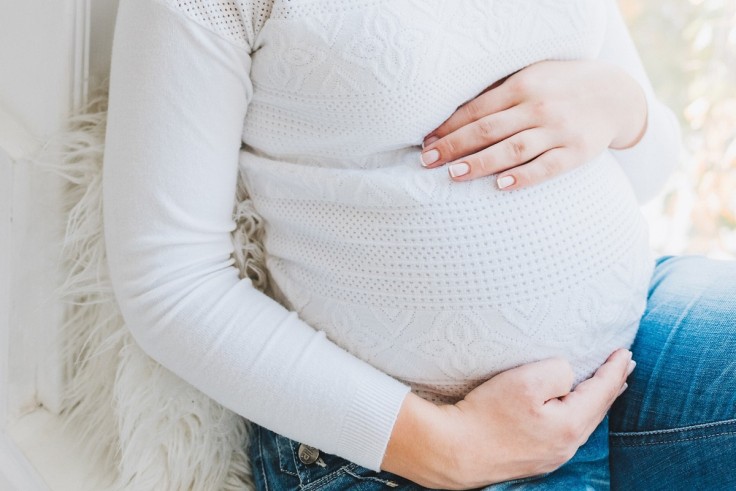How long does it take to get pregnant? After having sex, you waited patiently before testing if you successfully conceived. You know that the earliest you could take a pregnancy test is on the first day of your missed period.
However, right after making love, when exactly do you get pregnant? Researchers studied the time it takes for a sperm to swim through your body to reach the patiently waiting egg cell. It usually takes between two to ten minutes for it to reach your cervix.
Regardless of gravity, sperms swim up to your body no matter what position you are in. The fastest time you could conceive is three minutes after sexual intercourse as long as there is an egg waiting.
See also: Tips on How to Get Pregnant Fast [Approved by Experts]
If not, the sperm could survive inside your body for up to five days. It means that getting pregnant does not necessarily happen overnight. Doctors would estimate the day you have conceived but it does not mean that it matches the actual date of conception.

2 to 4 weeks after sex
If all goes well, the sperm could fertilize the egg as soon as three minutes after making love. The fertilized egg then travels for implantation. About five to ten days after fertilization, it would attach or implant to the uterine wall.
This means that it happens around five to 15 days after you had sex. Do take note that you are not yet pregnant until the fertilized egg has not yet been implanted into your uterine wall. An embryo has to undergo stages before implantation. It travels from the fallopian tube to reach your uterus, which takes quite a few days.
See also: How to Get Pregnant with Twins: Varied Options to Increase Your Chance
Common factors that affect conception
Certain factors affect when a woman gets pregnant. Read on to know more about them.
Age
Heather Bartos M.D., FACOG, Chief, OBGYN Texas Health Presbyterian Hospital Denton said that 85 percent of healthy women ages 20 to 30 get pregnant within one year of trying. Women in their 40s tend to have a harder time conceiving because they could have lesser quality eggs.
Weight
Being overweight or underweight has negative effects on a woman's ovulation. Estrogen can be produced by fat cells, so overweight women have more estrogen. Too much or too little estrogen could affect your ovulation. Men and women with a BMI of 35 or greater have 60 percent less fecund than couples that are slimmer, the NBC News reported.
See also: Symptoms of Pregnancy: How Early Do They Start to Show?
Alcohol and smoking
Studies show that women who are active smokers were 14 percent more likely to have a hard time conceiving, based on Reuters.com. Heavy drinking could cause ovulation problems. According to Dr. Bartos, these two alter egg and sperm's DNA structure, which could affect the quality of conception.

Stress
A study revealed that women who were more stressed during ovulation had about 40 percent less likely to get pregnant that month.
Birth control
Dr. Bartos explained that stopping some birth controls can take up to 18 months before your period returns to normal. Make sure to consult your OB-GYNE about them so you know when to expect getting pregnant.